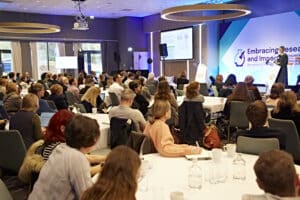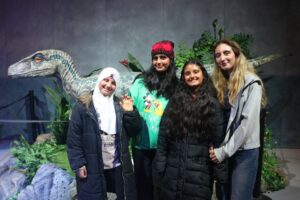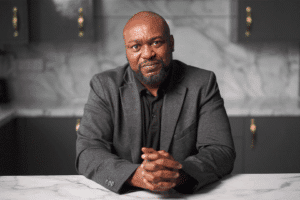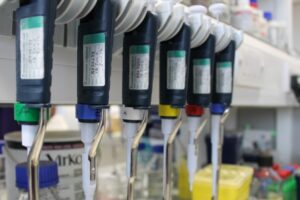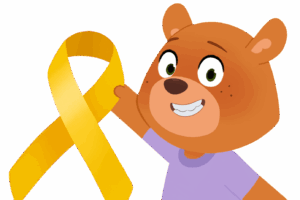Study signals new era of precision medicine for children with cancer
A new study, partially funded by Children with Cancer UK, has shown the power of genetic testing to pick out the best drugs for children with cancer to extend and improve their lives – signalling a new era of precision medicine for young patients. 23 September 2019
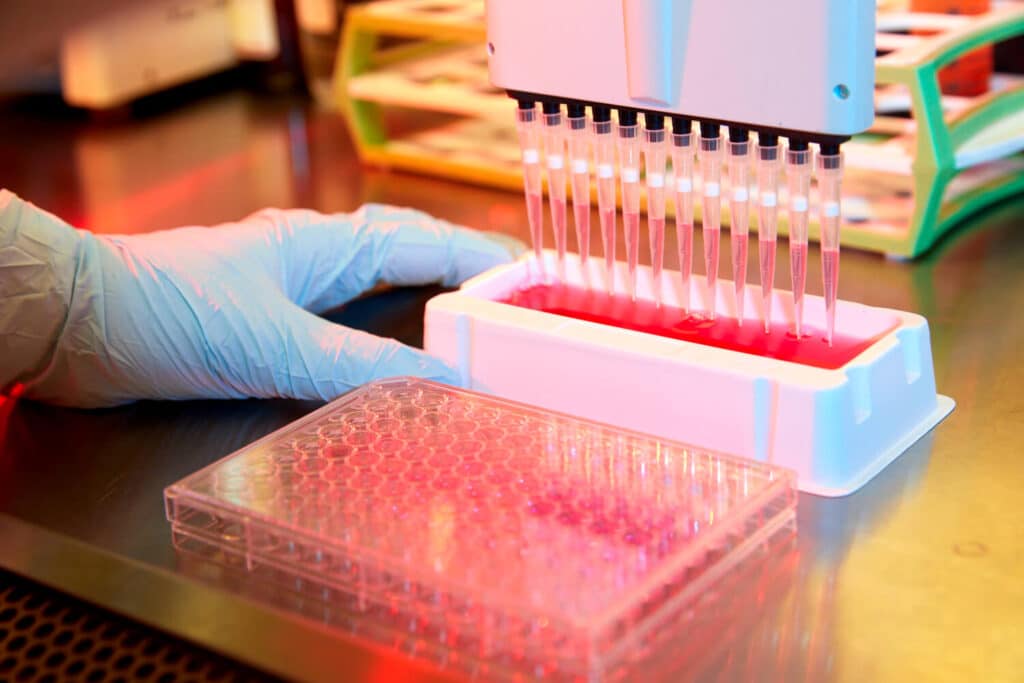
- NHS pilot found half of children had mutations in their tumours that would be targetable by drugs available for adults
- Those children who did receive targeted treatments saw significant benefits
- But only 7 per cent of children with ‘clinically actionable’ mutations could access appropriate drugs, partly due to regulatory and funding barriers, and lack of access to clinical trials
- The pattern of mutations in tumours changed after standard treatment – showing importance of tracking cancer evolution over time
Children deserve the very best cancer treatments, so they can live as long as possible and as well as possible. We desperately need better, more intelligently designed treatments which can give children longer with their families with fewer side effects. By testing tumours for specific gene mutations, we have shown it’s possible to identify new smarter, kinder treatment options for children, which may potentially give these patients much longer with their families after conventional therapies have failed. But our study also exposes the desperately frustrating barriers that children still face in receiving new treatments – barriers which lie in the regulations controlling how drugs for children are developed and approved.Study leader Professor Louis Chesler, Professor of Paediatric Cancer Biology at the ICR, said:
In future, I want to be able to treat more children whose tumours have these targetable mutations with better drugs, as currently not all children have access. Gathering the molecular data will be good evidence to more clearly guide use of the most appropriate drug for each child. It is also very important that we extend robust and detailed testing to children at time of diagnosis, so we can more accurately classify and treat these cancers in the first place.Dr Mike Hubank, Head of Clinical Genomics at The Royal Marsden NHS Foundation Trust, said:
The next steps for testing will be to look at using liquid biopsies to detect targetable tumour mutations without having to rely on invasive biopsies to get the information. Our early results, presented here, show that we can detect more mutations in blood than we do in conventional biopsies. It is probably in the blood that we get a more complete picture of the whole tumour, and not just the small part of the tumour that was removed for testing. Blood-based testing will also allow us to monitor tumour response to treatment and may be able to detect relapses early, offering the possibility of finely tuned, personalised treatments in the future.Karen Capel, founder of charity Christopher’s Smile, who lost her son Christopher to medulloblastoma in 2008, said:
When our son died there was no biological information available to doctors about individual children’s tumours. There is an urgent unmet need to provide new treatments for those children diagnosed with the most aggressive and hard-to-treat cancers. This test Professor Chesler and colleagues at the ICR developed is a first for children. We believe gene sequencing is the key foundation stone in enabling personalised medicine, and it will help to bring new treatments for children a step closer. Building on the foundations of the sequencing test, blood tests could provide critical information for any child from diagnosis throughout their treatment and into remission – opening the door for additional, continued or changed treatments. We are determined to fight for these liquid biopsies to become standard of care at the earliest opportunity.The research was published in the European Journal of Cancer and was primarily funded by Christopher’s Smile and the NIHR Biomedical Research Centre at The Royal Marsden NHS Foundation Trust and the ICR.
Other stories
We have lots of information to help you learn more about childhood cancer. From specific cancer types, to treatments and causes.
